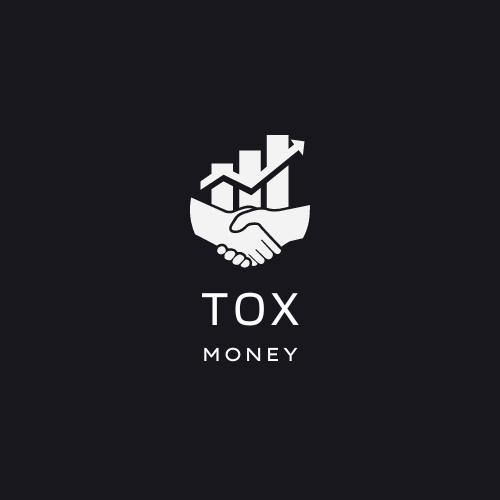Having a higher credit score normally benefits you. Finally, it makes it simpler to obtain finance when needed, as well as reduced interest rates on loans, credit cards, and other products. Furthermore, strong credit ratings might eliminate the need to pay deposits when turning on utilities, among other benefits. If you want to improve your credit score, follow these five actions to enhance it by 200 points immediately.
Can You Improve Your Credit Score by 200 Points in 30 Days?
Many individuals are curious about how to boost their credit score 200 points in 30 days. However, there is no certainty that any one person will be able to reach the objective. Finally, 200 points is a significant improvement that often takes more than a month to achieve.
Furthermore, when creditors report positive activity is a consideration, and depending on the measures you take and when they occur, updated information may not come before the 30-day deadline.
However, this does not rule out the possibility of a significant growth in such a short period of time. Instead, it is primarily a reminder to be realistic. If you want to swiftly boost your credit score by 200 points, follow the actions outlined below.
1. Dispute Inaccuracies.
One of the quickest methods to improve your credit score is to challenge any mistakes in your credit report. For example, erroneously stated missed payments, debts that are not yours, and other similar difficulties can significantly lower your credit score. By formally contesting them with the credit agencies, you can try to have the information deleted; once gone, your credit score may improve dramatically.
2. Reduce your credit utilization ratio
In general, high credit usage rates on revolving loans (such as credit cards) are red flags to lenders, and they usually lead your credit score to drop or remain low. Reducing your credit usage ratio fast might result in a significant credit score boost in a relatively short amount of time.
In most circumstances, you should maintain your credit usage under 30% across all active revolving debt accounts. If you’re beyond that threshold, a simple solution is to pay off what you owe as soon as possible until you fall below that percentage.
Alternatively, you might request a credit limit increase on a card or obtain a new card, as increased spending power lowers your ratio (implying you do not incur additional debt). Just be aware that this method may result in a heavy draw on your credit record, causing your credit score to drop a few points at first.
Finally, you might use a personal loan to pay down revolving debt. Again, this may result in a harsh draw, but it will reduce your overall revolving debt significantly after you utilize the cash to pay it off.
3. Try Experian Boost.
While this method solely affects your Experian credit report, it’s worth considering. Experian Boosts examines your bank account information and considers payments for rent, utilities, phone bills, and other costs when calculating your credit score.
Individuals with weak credit reports typically benefit the most from Experian Boost. However, this does not imply it cannot assist people with more on their record, and because it is a free service, investigating it may be useful.
4. Become an authorized user
If your credit history restricts your access to credit, being an authorized user on someone else’s account may improve your credit score.
Typically, this only works if the cardholder is a prudent borrower who has a modest amount and pays on time.
Furthermore, it is preferable if the card has been active for a long period of time, as the average age of your accounts influences your credit score.
So, if all of that applies, their excellent practices will be shown on your credit report, leading your score to rise.
5. Request forgiveness for missed payments.
If a missed payment is lowering your credit score and occurred lately, you may be able to persuade the lender to remove it off your record.
In most circumstances, this only works if you’ve already demonstrated dependability, and this is an uncommon error on your part. Furthermore, you must pay what is owing either before submitting the request or during the conversation about eliminating the bad mark.
This method is valuable if it affects your credit score because on-time payments are the most important component. A single bad remark may have a significant impact on your credit score, so removing it can help you rebuild what you’ve already established.



